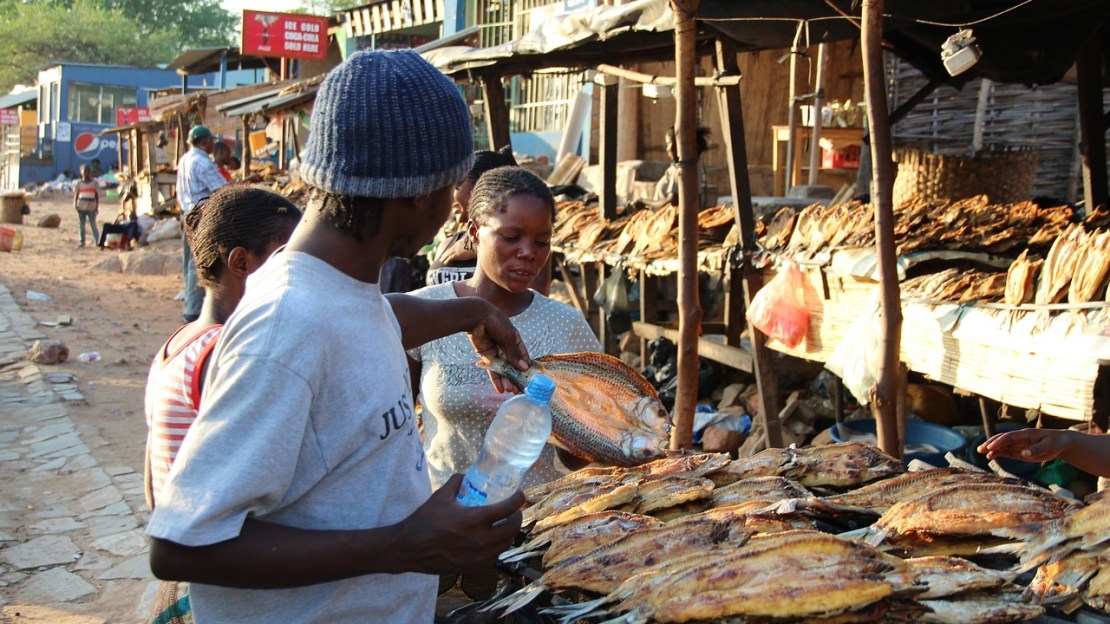John Tolley, February 26, 2018
What does the fishing industry have to do with lowering the infant mortality rate and boosting health in West Africa? Potentially quite a lot, according to researchers from the University of Michigan.
With $1.3 million in funding from the Bill and Melinda Gates Foundation, assistant professor of nutritional sciences Andrew Jones is helming a team of researchers investigating the causes for the high incidence of anemia among girls and young women in Ghana and what strategies might help to reverse the trend.
The coastal nation has a robust fishing industry of which women play an important role, smoking, processing and selling the end product. Unfortunately, the nutrient- and iron-rich fish rarely make it to the tables of those who need it most.
For women who are pregnant, the risk of anemia increases sharply and can lead to a host of ill-effects, from preterm births and low birth weight to the loss of a child.
In a recent Global Michigan story profiling his work, Jones explained just how insidious anemia can be and how the working conditions of fish processors can contribute to and exacerbate the disease.
?Anemia is a challenging disease to address because it has multiple causes,? Jones said. ?Our goal with this project is to simultaneously address several of the causes including improving diets to include more iron-rich fish, promoting behavior change to prevent infection and illness, increase the incomes of women who are involved in fish processing-as the additional income could lead to multiple health benefits-and, reduce exposure to harmful biomass fuel smoke, which can contribute to anemia as well as respiratory illness.?
Jones? team, which includes researchers from the University of Ghana and several non-governmental agencies, are set to launch a small pilot program in communities surrounding the Gulf of Guinea and Lake Volta. The group will be testing several strategies that look to boost income, access to healthcare and nutritional intake in order to impact anemia.
To learn more about this important research, follow the above link. To see other Global Michigan stories about how UM is impacting the world, click here.







